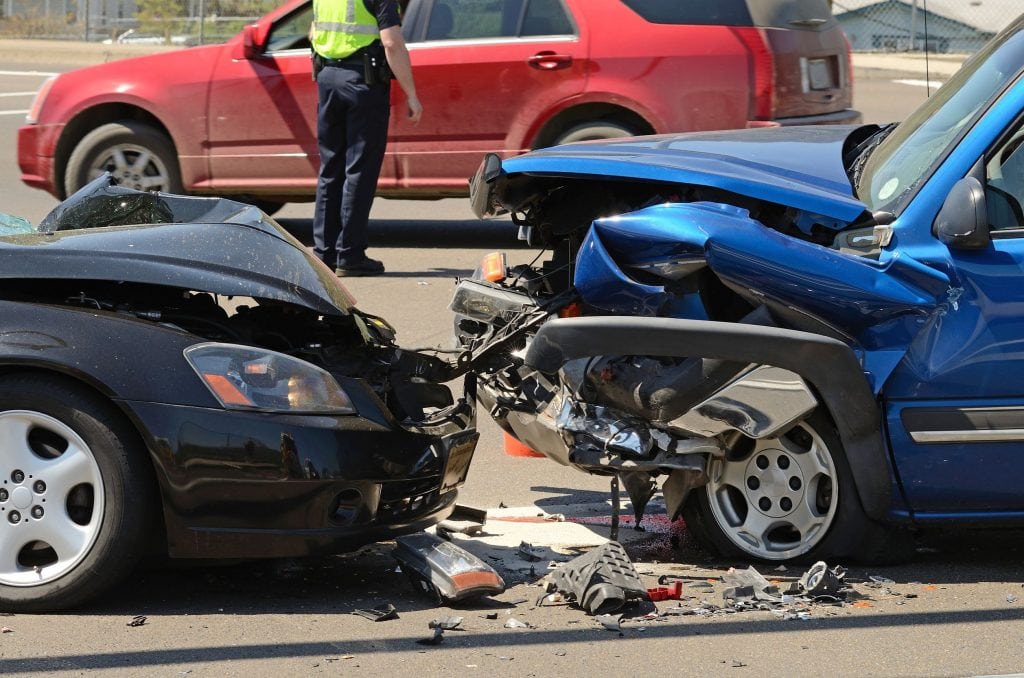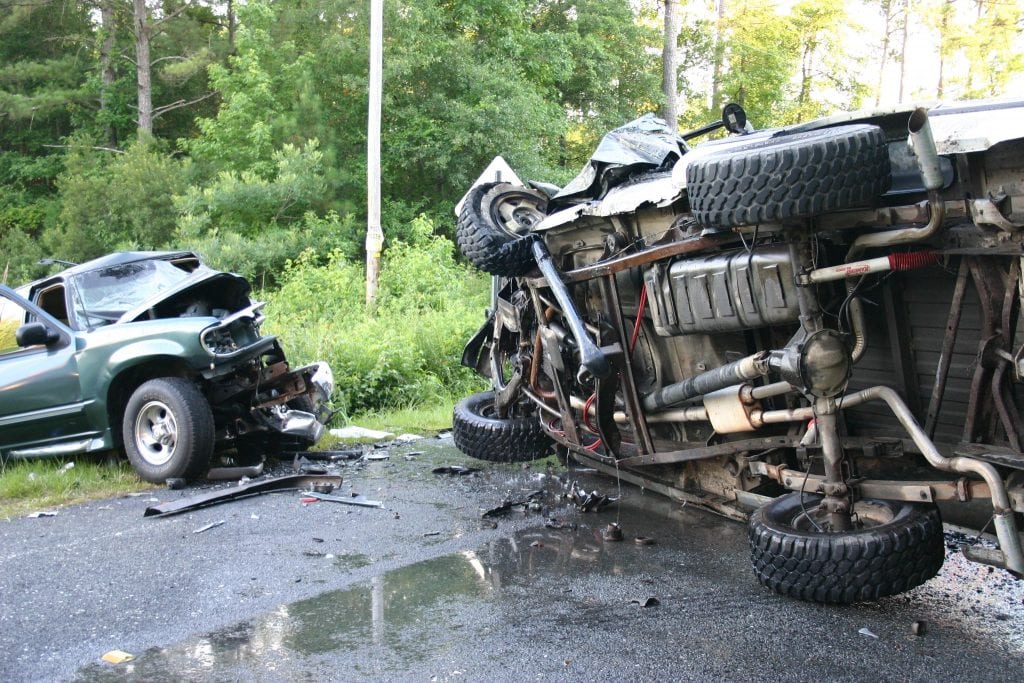In the century or so since automobiles become a part of American life, we’ve built a nationwide transport system around them. The freedom and speed of traveling by car is a luxury, but relying on cars as our primary means of transit also has some downsides. One of the largest is accidents.
There are nearly 3 million accidents every year on American roads. They’re also deadly, with an average of 80 people losing their life in automobile accidents every day as of 2015. Technology is getting better at keeping us safe, but if you’re involved in an accident, the road to recovery can be arduous.
So how does one take the first step towards feeling better?
Visit a Doctor Right Away
The forces at play in an automobile accident are tremendous. Even if you don’t sustain injuries that seem debilitating, the best way to ensure a full recovery is to seek professional advice. Only a doctor can make a full assessment about how your body is recovering from the crash.
People involved in crashes, even minor ones, often times struggle with anxiety when driving for quite some time after the crash. This is nothing out of the ordinary, but putting the crash behind you and feeling confident behind the wheel again is something your doctor can help with.
Common Physical Injuries From Crashes
When you go through a crash, things happen fast. You’re probably aware of soft tissue injuries that take place at the time of the accident. These include cuts, scrapes and bruises which, while annoying, are likely to heal and subside fairly quickly with the proper care.
If you’ve been involved in a more serious crash, there’s a real risk of broken limbs, injuries to your chest and torso and, potentially, long-term head and spinal injuries. Again, it takes a medical professional to accurately assess this, so seek help as soon as you can after a crash.
The trauma to your head and neck that occurs when you decelerate rapidly during a crash is called whiplash, and it can result in spinal damage and even concussions. Specialists in treating crash victims are employing new techniques every day to help combat these types of injuries. For example, crash victims can now use aquatic therapy to help recover strength following a crash before moving out of the pool for later stages of treatment. The worst thing you can do is to ignore the symptoms, as they’ll get worse if you don’t take action.
Dealing With Non-Physical Stressors
 The long-term stress that comes along with recovering from a crash requires treatment in its own right. Make sure you arrange for a method to pay off repair fees. Seek help in getting a reliable form of transportation following a bad wreck. You may wish to avoid traveling by car altogether for a period, and your employer, friends and family should respect that.
The long-term stress that comes along with recovering from a crash requires treatment in its own right. Make sure you arrange for a method to pay off repair fees. Seek help in getting a reliable form of transportation following a bad wreck. You may wish to avoid traveling by car altogether for a period, and your employer, friends and family should respect that.
Work Back to Getting on the Road
When you’re ready, you’ll know it. Start driving again by making short trips to buy groceries or do other small chores, and don’t force yourself into making long road trips until you feel comfortable. Rely on the support of your doctor and your loved ones — they’re your best resource in times like this.








